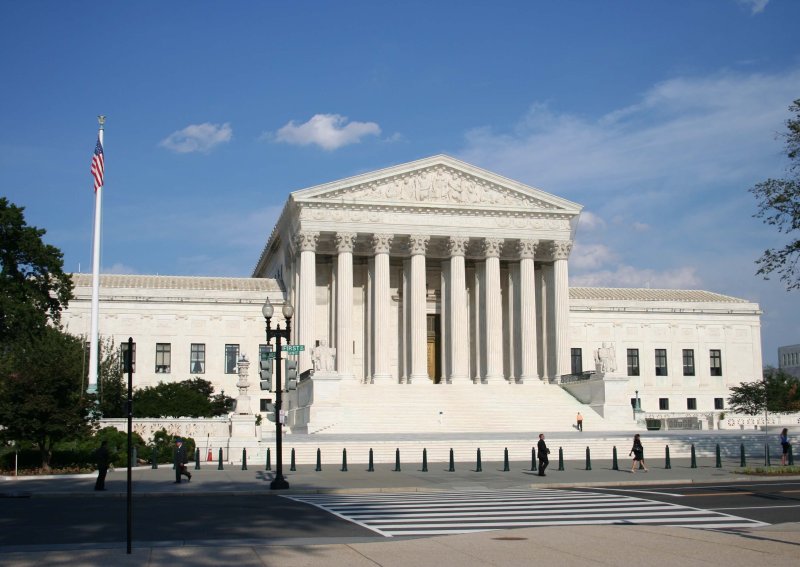The GLP aggregated and excerpted this blog/article to reflect the diversity of news, opinion and analysis.
Controversy continues to rage over whether foods from genetically engineered plants should have to be labeled as such.
Well, the pro-labeling militia is about to get clobbered.
A seemingly unrelated recent Supreme Court decision in Reed v. the Town of Gilbert (which concerned the constitutionality of certain standards for or restrictions on signage in a town in Arizona) gives the agriculture and biotechnology communities increased confidence that process-specific food-labeling initiatives are likely to be deemed unconstitutional by federal courts.
Information required on labels is considered to be “compelled commercial speech” and must follow the speech requirements of the First Amendment. First Amendment expert Floyd Abrams said, “When a court applies strict scrutiny in determining whether a law is consistent with the First Amendment, only the rarest statute survives the examination.” Thus, a law that compels a product label to contain specific information about the use of a safe and proven manufacturing process that is unrelated to a health or safety outcome would be extremely unlikely to survive strict scrutiny.
On July 23, 2015, the House of Representatives passed H.R. 1599 which gives FDA exclusive labeling authority for genetically engineered foods (except beef and poultry, which are regulated by USDA) and statutorily preempts any state or local requirement for such labeling.
Congress should rethink H.R. 1599. The Reed decision, which calls into question the constitutionality of any requirement to label genetically engineered food and makes H.R. 1599′s preemption provision unnecessary.
Read full, original post: Supreme Court Free-Speech Decision Clobbers GMO Food-Labeling Activists































